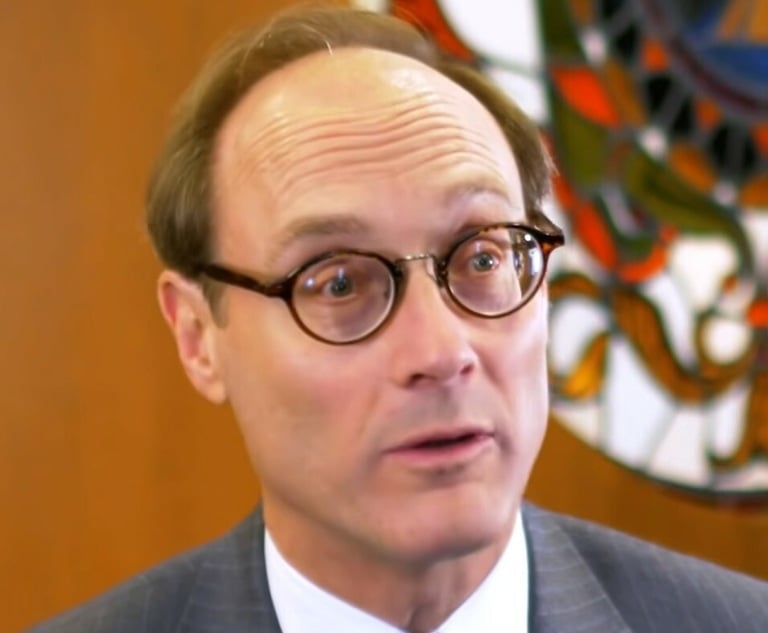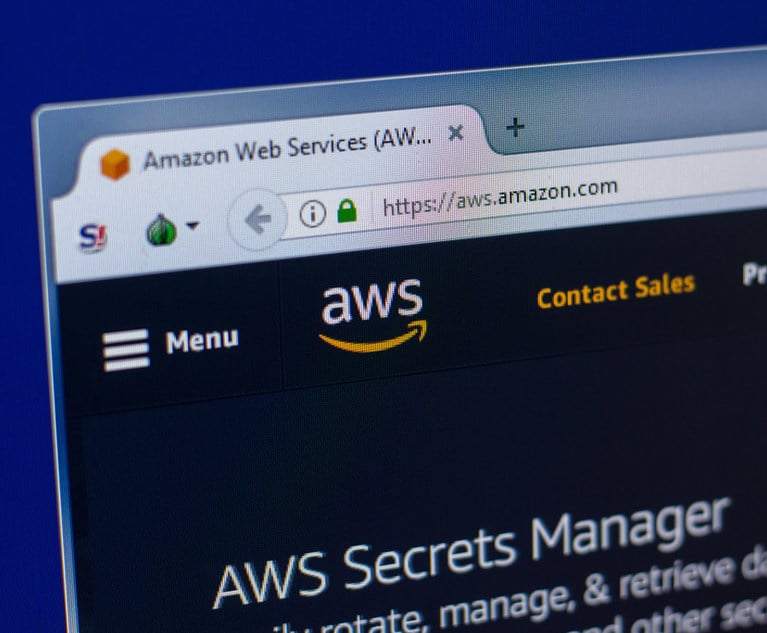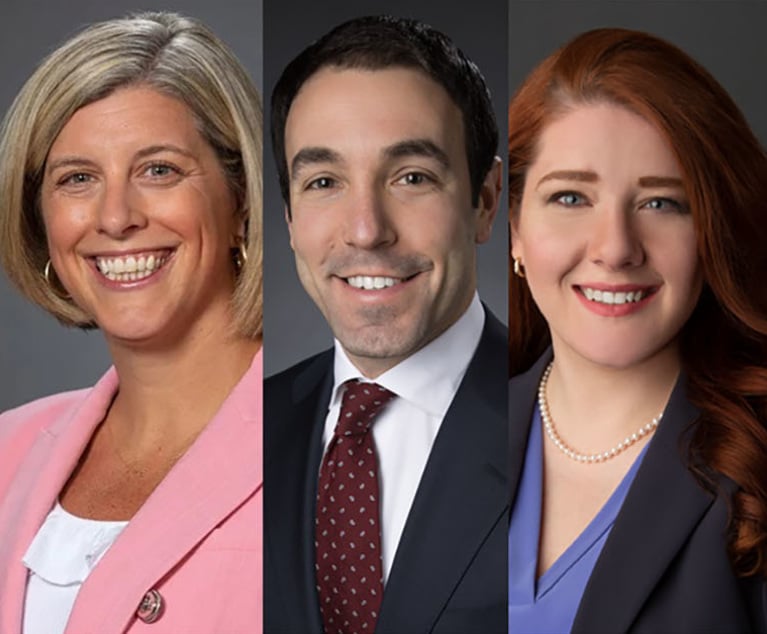This article appeared in The Intellectual Property Strategist, an ALM/Law Journal Newsletters publication that provides a practical source of both business and litigation tactics in the fast-changing area of intellectual property law, including litigating IP rights, patent damages, venue and infringement issues, inter partes review, trademarks on social media – and more.
It is hard to imagine the current U.S. Supreme Court agreeing on something as simple as their lunch order in a time when 5-4 decisions feel like the norm. So, when it unanimously agrees, one might conclude that the question at hand was not very difficult. Not so here. In Fourth Estate Pub. Benefit Corp. v. Wall-Street.com, LLC, No. 17-571 (March 4, 2019), the Supreme Court resolved a circuit split decades in the making by holding that a copyright is not “registered” within the meaning of the Copyright Act unless and until a registration certificate actually has issued. The Supreme Court’s short opinion upheld an Eleventh Circuit decision, and undertook no more than a simple statutory construction analysis, finding that the plain language of the Copyright Act cannot be ignored because of hypothetical ill effects, especially ones fully within the purview of Congress to fix. A plaintiff cannot sue for copyright infringement until registration has issued, or been denied by the Copyright Office; a mere pending application will not suffice.








